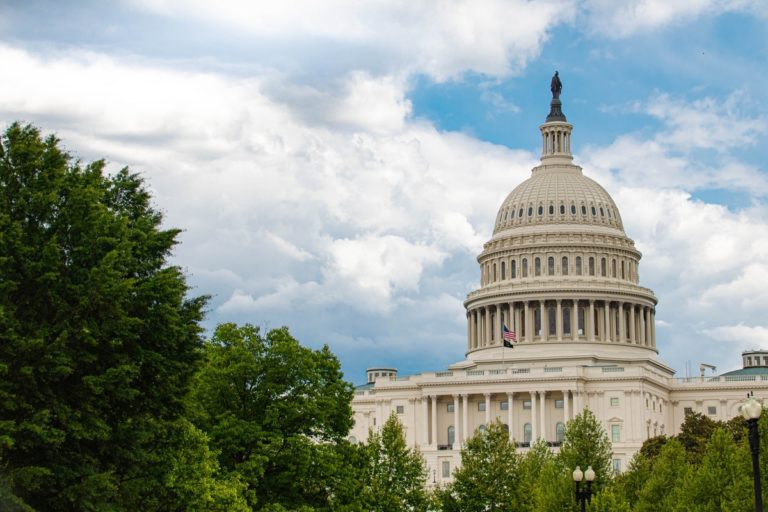Below are summaries from Arbor Investment Committee members. If you have questions about anything on this post, please reach out to us.
Arbor Capital Management Strategy
-
Dislocation continued
The dislocation theme that we have posted about before continued to impact most asset classes in 2020. Bond yields are historically low with over $18 Trillion (yes T for Trillion) worth of bonds globally now having a negative yield. Any takers?
US Equity prices are sitting near historic highs and alternatives, gold and bitcoin specifically, both dramatically hit all-time highs in 2020 with the later blowing past $20,000 in Q4 2020 to just under $30,000.
What do these prices and yields tell us about the state of the collective markets? Aside from technology eating everything (Nasdaq), it is hard not look at global monetary policy as a major catalyst. The line between the US Treasury and the Federal Reserve continues to blur, the European Central Bank wants to print euros on an unprecedented scale and the Bank of Japan continues its policy to buy any and all assets.
-
Equities
The Flight of Icarus analogy seems appropriate for 2020, especially if you are a fan of the band Iron Maiden. Icarus’ father, Daedalus, constructed wings from feathers and wax to escape Crete with his son. Fly too close to the sun and the wax wings melt. Fly too close to the sea and the dampness will weigh down the wings.
For Arbor clients, it means we continue to invest in solid growth companies that generate cash and did not see massive revenue pull-forwards from COVID-19. Nor do we invest in companies with nosebleed valuations. We invest in value stocks with catalysts driven by management initiatives or large macro changes such as interest rates or the price of oil.
Not heeding his father’s warning, Icarus flew to close to the sun, the wax melted, and he crashed into the sea. We prefer flying at a reasonable altitude.
The Growth portfolio themes continue in cloud, 5G, cashless payments, ESG investing and the global middle class. We added themes in cybersecurity and digital technology/blockchain in recent months as well. Specifically, we added speculative small cap names, Qualys and Overstock, that throw off a lot of cash.
The Value book saw a few companies lay out large plans to transform their businesses like General Motors, Olin, PPL Corp, Unilever and MSC Industrial. For others we are waiting patiently, owning best of breed companies JPMorgan, US Bank and CME Group for an increase in interest rates. We are also waiting for demand for crude oil and natural gas to increase significantly again owning Chevron, Valero, and Kinder Morgan.
Heading into 2021, we like where are current portfolio of companies are positioned. We made no changes in holdings after earnings were reported Q4 ‘2020. We hope throughout 2021 that we have minimal turnover in companies you own.
-
Alternative Asset Class: Crypto Investment Strategy
Bitcoin was easily the standout performer in our alternative strategy. The underlying asset started the year around $7,100, fell to a low of $3,800 in early March and now sits around $29,000 at the time of writing. Institutions and hedge funds started to publicly announce support for bitcoin in a major way in 2020.
As the digital asset class continues to evolve, we have expanded our offering to include Ethereum and certain Decentralized Finance (DeFi) assets. We have growing conviction in this rapidly evolving but highly speculative asset class.
Other alternative investments in our portfolio also enjoyed success in the managed futures and specific non-agency back residential mortgages.
As always, we continually monitor the alternatives asset class for opportunities, focusing on assets with low correlation to traditional stock and bond portfolios. The financial universe never stops changing.
-
Fixed Income Market
As rates continued to fall in 2020, we started to expand our offering in the fixed income asset class. For context, the 10-year US Treasury started the year yielding 1.8%. That fell to around .58% in March and again in July and has come up since, closing the year at a yield of .92%.
We found it difficult to source attractive CD’s and municipal bonds and are now including structured notes. Additionally, we are exploring an alternative asset class (within fixed income) to expand our princeps portfolio, which is our moderately aggressive fixed income offering.
-
REITs: Real Estate Investing Strategies
Our Real Estate portfolio has intentionally avoided mall REITs and focused on Cell Towers and Data Centers.
While this is a long-term secular trend we have been investing in, it held up will in 2020. We have also been underweight to Hotel/Lodging as well as Office REIT’s. We added WPC at year end.











